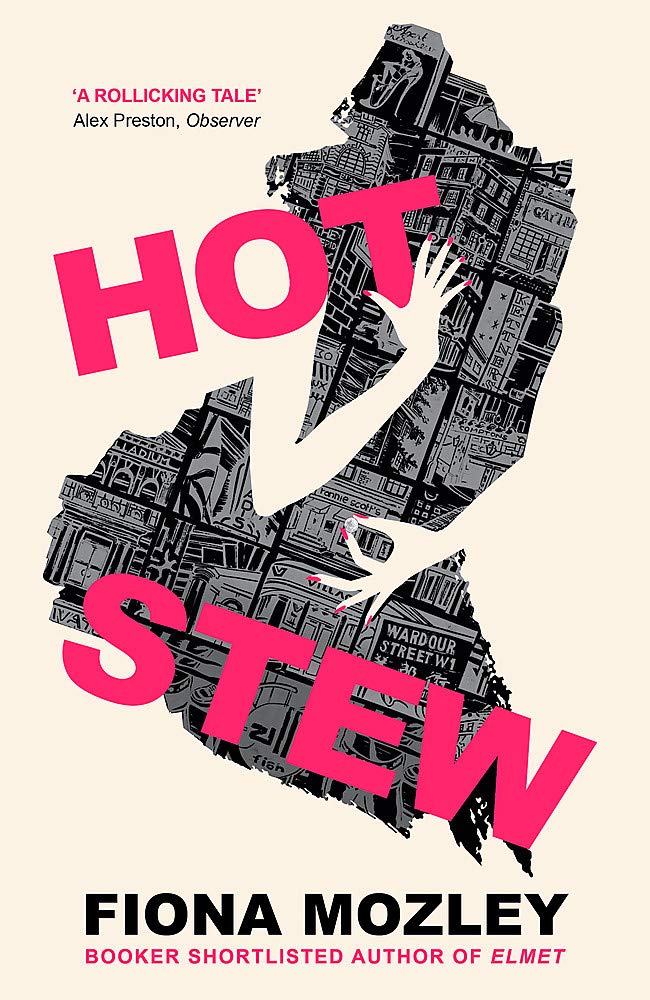London may be an ‘unreal city’, but that does not make it any less attractive to novelists. Like all the big cities – New York, Paris, Tokyo – the idea of the place itself offers easy protection; characters are simply made one of a multitude who can go about their lives with little regard for time and place. Everything’s larger, smarter, busier, in London. It’s easier to make interest in London than, say, Stoke. Not that a novel set in Stoke couldn’t be interesting of course.
Support The Big Issue and our vendors by signing up for a subscription.
Fiona Mozley’s Hot Stew certainly tries its best to draw interest into the city a man can supposedly never be tired of. Among the ever-bustling streets of Soho lie Precious and Tabitha, two middle-aged women who work at the popular brothel they’ve lived in for years.
Agatha, the mystifyingly brutal landlord who has inherited a fortune from her gangleading father, wants to turn the property into expensive flats. It’s gentrification of a kind, but Precious and Tabitha don’t want to leave their derided lifestyles behind, and enlist the support of various well-meaning pressure groups to protest their cause on the streets outside.
Meanwhile, Agatha endlessly pursues her own way, via an expedient police boss and her cash, but the claims of the prostitutes to their own jobs draw in the crowds. Precious becomes famous in her campaigning, her enemy gains notoriety, and we meet a series of other characters who become gradually enmeshed in this particularly warm soup of a plot.

Mozley is a very promising writer, and this novel has points of affecting and bitterly comic prose. The sardonic, laconic tones of the narrative voice only takes us so far, though, and that almost faceless tone means there is little to enchant beyond the beguiling comedy of the characters themselves.









